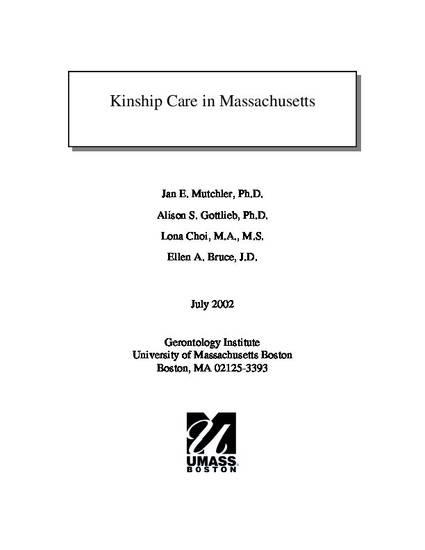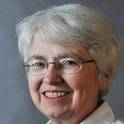
The population of kinship care families in the Commonwealth is diverse in its characteristics, resources, and needs. The often-referenced stereotype of the elderly single grandmother caring for a number of grandchildren holds for only a portion of the kinship care families. Many children are cared for by married couples; many of the grandparents are not elderly; and many of the caregivers are not grandparents, but rather aunts, uncles, grown siblings, or other relatives. Although the duration of the caregiving relationship is unknown for non-grandparental care, most of the grandparent caregivers are involved in long-term caregiving. As such, their needs are ongoing and evolve with the growth of the children in their care and changes in their own life circumstances. Information on the economic resources of these families suggests that kinship care families may experience economic hardship levels equivalent to those of vii single-mother families in the Commonwealth. For the segment experiencing hardship, considerable support may be necessary. Barriers to receiving economic support, housing support, and other services (such as custody rules, poor dissemination of information, or other limitations on receiving services) need to be examined and minimized where possible. A sizable segment of the kinship caregiving population does not present obvious economic need. For these families, continued development of programs such as those offered through the Executive Office of Elder Affairs (such as support groups, information and referral) are likely to be particularly useful. Documenting the prevalence and characteristics of kinship care families and their service use would be facilitated by improved and integrated data systems that used more consistent definitions and reporting strategies across agencies.
Available at: http://works.bepress.com/ellen_bruce/1/
